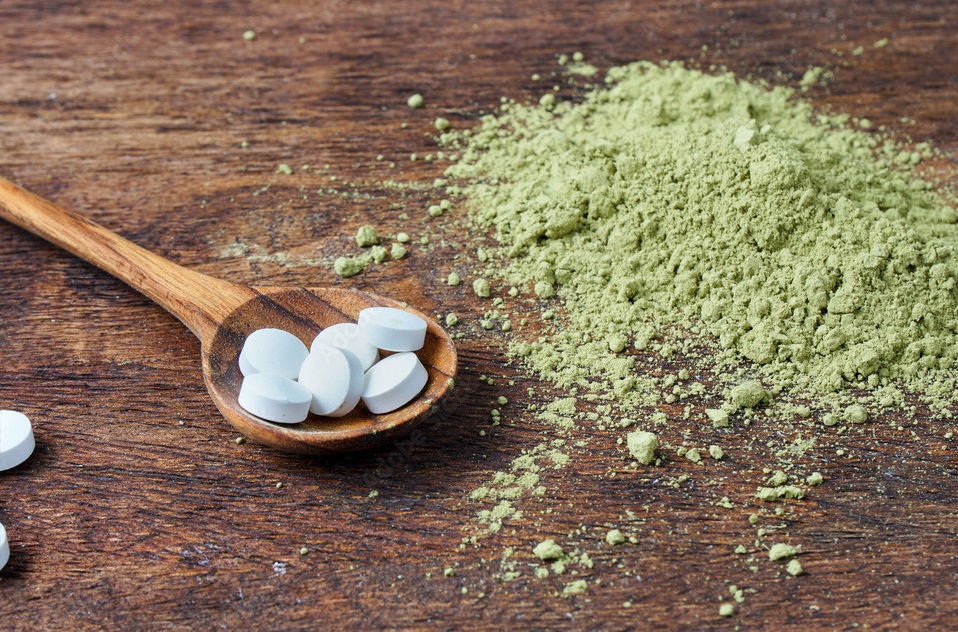In the fast-paced world we navigate daily, finding moments of peace and mental clarity can feel like a luxury. Amidst the sea of supplements promising various benefits, L-Theanine stands out for its natural ability to promote relaxation and sharpen focus without the crash. But what exactly is L-Theanine, and should you consider adding it to your daily routine?
What is L-Theanine?
L-Theanine is a non-protein amino acid found primarily in tea leaves, particularly green tea (Camellia sinensis). It is believed to contribute to the unique calming and relaxing properties of tea. Unlike many calming substances, L-Theanine does not induce drowsiness. Instead, it promotes a state of relaxed alertness, making it an intriguing option for those seeking mental clarity without the jitters associated with stimulants like caffeine.
Benefits of L-Theanine
1. Promotes Relaxation without Sedation
L-Theanine is prized for its ability to induce a calm state of mind without causing drowsiness. By crossing the blood-brain barrier, it increases the production of alpha brain waves, associated with a relaxed but alert mental state.
2. Reduces Anxiety and Stress
Research suggests that L-Theanine may help reduce anxiety and stress by modulating neurotransmitter levels in the brain. It has been shown to increase levels of serotonin, dopamine, and GABA, all of which play key roles in mood regulation.
3. Enhances Cognitive Function
L-Theanine is believed to improve cognitive function, including attention and memory. By promoting relaxation and reducing stress, it may indirectly support better cognitive performance, particularly under stressful conditions.
4. Supports Sleep Quality
While L-Theanine doesn’t induce sleep directly, its calming effects may contribute to better sleep quality. Some studies indicate that it can improve sleep efficiency and reduce nighttime awakenings.
5. Combines Well with Caffeine
L-Theanine is often paired with caffeine due to its ability to take the edge off caffeine’s stimulating effects. This combination is known for promoting a more focused, yet smooth and jitter-free energy boost.
6. Boosts Immune Function
There is evidence to suggest that L-Theanine can support the immune system by enhancing the activity of certain immune cells.
7. Antioxidant Properties
L-Theanine exhibits antioxidant properties, which can help protect cells from damage caused by free radicals.
8. Cardiovascular Health
Some research suggests that it may have benefits for cardiovascular health, including lowering blood pressure.
Should You Take L-Theanine?
Deciding whether to take L-Theanine depends on your individual needs and health goals. Here are a few considerations:
- Stress and Anxiety Relief: If you struggle with stress or anxiety and prefer a natural supplement, L-Theanine may be worth trying.
- Focus Enhancement: Whether you’re studying for exams or prepping for a big presentation, L-Theanine’s cognitive perks might give you that extra mental edge.
- Better Sleep: If you have trouble winding down at night, L-Theanine could potentially support better sleep quality.
- Tea Drinkers: For those who already enjoy tea, it provides an added incentive to continue or increase consumption of tea, particularly green tea.
How to Take L-Theanine?
L-Theanine is available as a dietary supplement in capsule or tablet form. Typical doses range from 100 to 200 mg per day, though individual responses may vary. It’s generally well-tolerated, with minimal side effects, making it a safe option for many individuals.
Side Effects of Taking L-Theanine
When you take L-Theanine, it’s usually safe, but it might cause a few things to happen:
- Headaches: Some people might get a mild headache.
- Feeling Sick: It could upset your stomach a bit, especially if you take it on an empty stomach.
- Dizziness: You might feel a bit dizzy or light-headed sometimes.
- Sleepiness: Since L-Theanine is calming, it might make you feel sleepy or relaxed, especially if you take a lot.
- Low Blood Pressure: Rarely, it could lower your blood pressure, which might be a problem if yours is already low or if you take medicines for it.
- Allergic Reactions: Very few people might be allergic to it, which could cause a rash, itching, or swelling.
Most people don’t have any problems with L-Theanine, but it’s smart to start with a small amount and see how your body reacts. If you’re worried or have health issues, it’s always a good idea to talk to your doctor first.
Conclusion:
In a world that never slows down, finding moments of calm can be revolutionary. It isn’t just a supplement; it’s a gateway to tranquility and mental clarity. As you consider weaving it into your wellness routine, consult with a healthcare professional to ensure it aligns with your needs.
Also Read:
